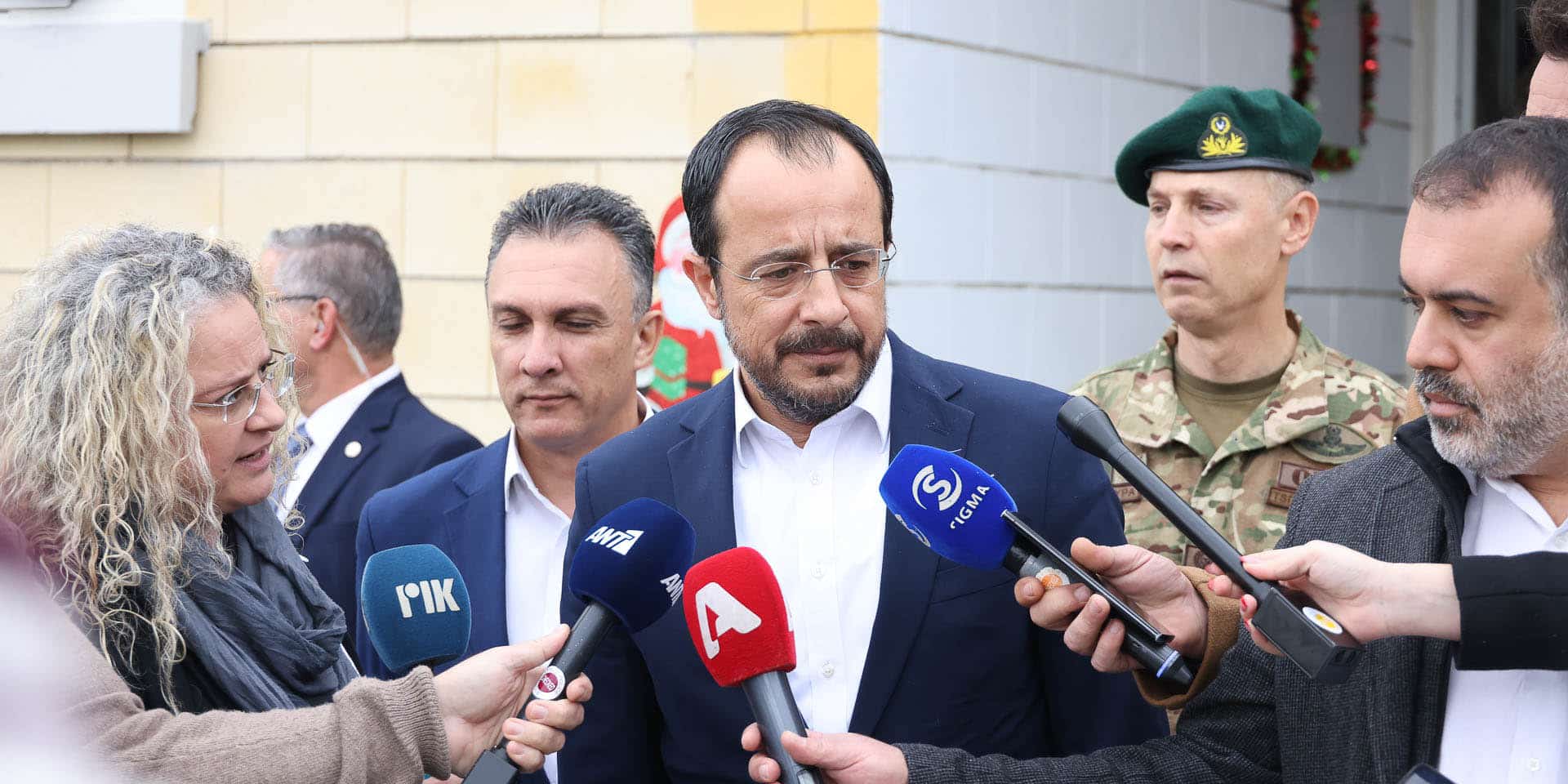Government subsidies on electricity and fuel tax will be extended into the spring, President Nikos Christodoulides said on Wednesday.
The extensions to the subsidies were announced among a raft of government measures costing around €60 million aimed at alleviating the cost-of-living crisis for consumers.
Having been scrapped last summer, the subsidies were reintroduced in October as part of a package of measures worth €196 million.
The electricity subsidy has now been extended to last until April 30, while the fuel tax subsidy will now expire on March 31.
The electricity subsidy is staggered, and applies to residential, commercial and industrial consumers. The subsidy rate will be based on consumption, except for ‘vulnerable’ consumers who qualify for a 100 per cent subsidy on any increases in the basic tariff.
It was estimated at the time that the subsidy covered 429,000 households and 106,000 businesses.
A table was provided with the subsidy rates for residential consumers. For 1 to 400 kilowatt-hours (kWh) consumption, the subsidy rate is up to 85 per cent of the increase in the cost of electricity generation, which is based on the price of oil. For 401 to 600 kWh, the rate is up to 75 per cent; for 601 to 800 kWh, the rate is up to 50 per cent; and for anything above 800 kWh, the rate is zero.
The bimonthly consumption by the average household in Cyprus is estimated at around 800 kWh. In October, the subsidy was worth around €70 per bimonthly bill for average consumers, but reductions in the price of oil since then have blunted the subsidy to around a €14 reduction for the average consumer.
The fuel tax subsidy takes a simpler form, with the government effectively subsidising the cost price of fuel by reducing the tax levied on it by 8.33 cents per litre.
In addition to the subsidies, Christodoulides announced a set of one-off cash support measures for vulnerable members of society.
Those include a payout for single parents in the form of €250 per child, with families with more than four children set to receive an additional amount on top. This will be added onto another €250 per child payout for all families with children.
Christodoulides said these payouts are set to benefit more than 27,000 families across the country.
He also announced that he would add an extra €2m to the budget for the government’s electric car subsidies after Transport Minister Alexis Vafeades on Tuesday said that interest in the scheme had “exceeded the government’s expectations”.
There was also a raft of measures for internally displaced persons.
The mortgage subsidy for internally displaced persons has been increased from €130,000 to €200,000, with the maximum subsidy period increased from 20 to 30 years. The income criteria for applications for the subsidy have also been abolished.
The subsidy for home repairs for internally displaced persons was also doubled from €50,000 to €100,000, with income criteria for applications also abolished on this measure.
The subsidy for students who are descended from internally displaced persons has also been extended to cover their maintenance costs, while new lending plans for home renovations and the purchase of household appliances by internally displaced persons have also been set out.
In addition, applications made by internally displaced persons for housing loans will no longer take into account whether the applicants own another home unless they bought that home through the same scheme.
The government has also announced the abolition of the flat €350 annual company levy.
Closing his announcement, Christodoulides also referred to the fact that VAT on meat and vegetables has been zeroed until the end of May, having been initially scrapped at the beginning of December.
Akel were dissatisfied with the measures, saying they are “not enough to tackle the rising cost of living”.
They pointed out the limited lifespan of the fuel and electricity subsidies.
“As long as the government does not structurally address the problem of high energy costs, households and businesses will continue to be burdened with increased costs,” Akel said.
Structural addressing of the problem, they said, consists of supporting a further rollout of renewable energy sources, particularly solar power.
They also expressed their displeasure at “the absence of measures for low-paid pensioners and the very limited budget in comparison to support provided by the rest of the European Union’s member states.”
On the other hand, Dipa said they “welcome the measures with satisfaction”, describing them as an “adaptation and strengthening” of the “generous” package announced by Christodoulides in October.
They said the measures will “continue to support Cypriot society”, and that they see the measures which support internally displaced people as “particularly positive”.
They also expressed their “pleasure” at the fact “our recommendations were listened to and adopted.”
Edek were also satisfied with the package, saying the government “did the right thing”.
They added that it is “important to support vulnerable sections of society, and families with many children, and single parents.”







Click here to change your cookie preferences